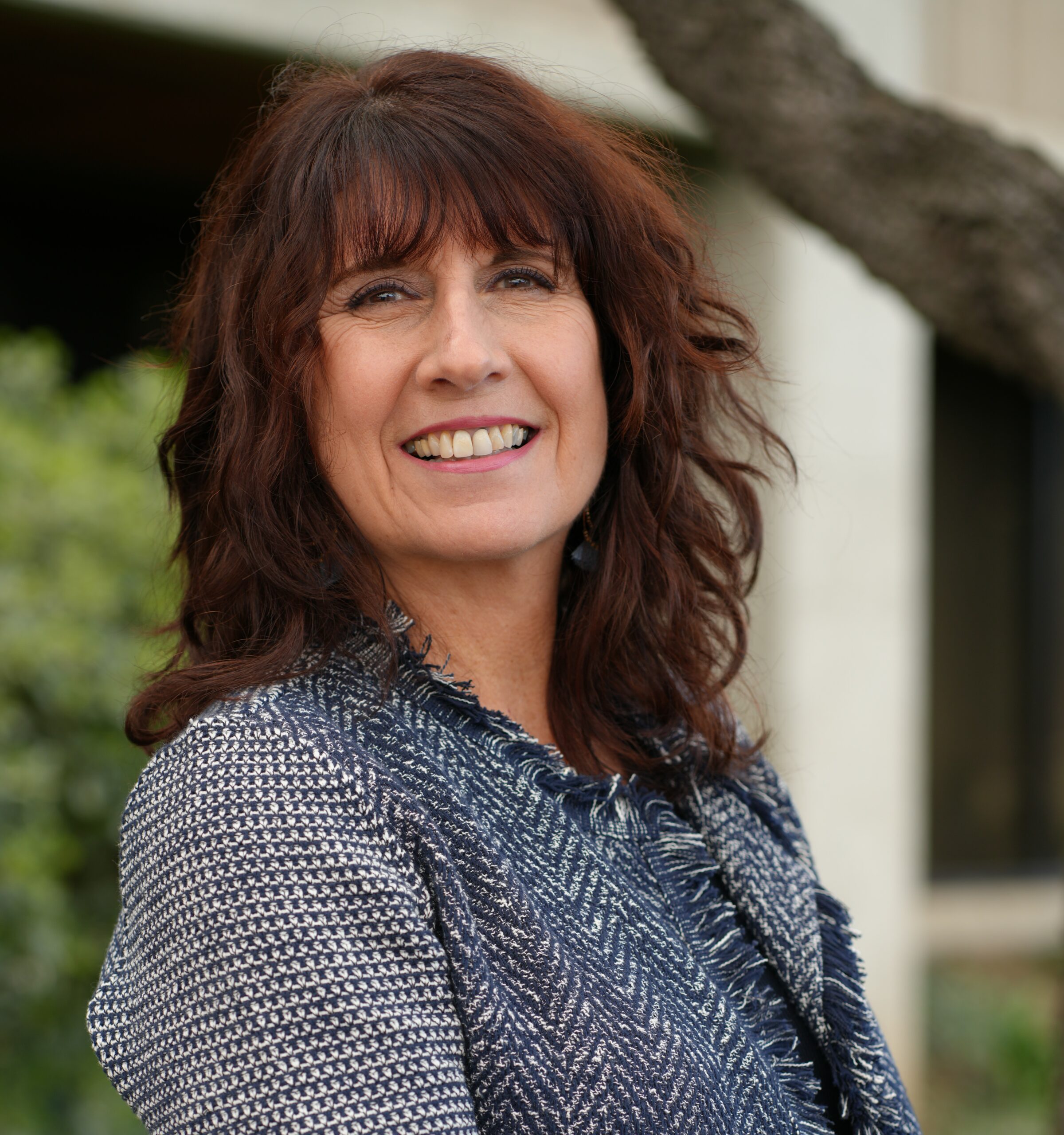Adverse Childhood Experiences (ACEs) are stressful or traumatic experiences that occur in childhood. Prolonged exposure to trauma such as abuse or neglect, as well as to things like poverty, racism, and community violence, can create toxic stress. Over time, toxic stress can damage a child’s developing brain and body. ACEs can even affect long-term physical and mental health.
ACEs represent a public health crisis. In fact, cumulative adversity is a root cause of some of the most harmful, persistent, and expensive health challenges facing California and the nation, including 9 of the 10 leading causes of death in the United States.
Hear local healthcare providers share the positive impact that ACEs screenings are having on their patients.
PACEs Connection is a community that shares resources and information related to addressing trauma and resiliency.
The ACEs Aware Initiative is now four years old in California! There is new data available from the surgeon general’s office that shows how we have made significant strides in expanding ACEs screenings and response initiatives.
Research conducted by the RAND Corporation in Los Angeles County pediatric clinics found that more parents than ever feel comfortable talking about ACEs with their child’s healthcare providers! Communicating clearly about why screening is happening, addressing privacy worries, and creating comfortable settings for discussions have changed the game for families.
Overall, parents support ACE screening as it helps provide trauma-informed care for their children, despite challenges like time constraints and limited resources. Learn more about the most recent work in this field.
Implementation of ACEs Screening in Pediatric Care Settings
Implementing ACEs Screening in Pediatric Clinics
Parents, your voice is critical in expanding access to the ACEs screening for San Mateo County’s children. When you visit the doctor with your child, ask them for an ACEs screening. Sharing key experiences with your healthcare providers will ensure that your child is getting the most informed, complete care possible. Use the resources below to learn more about toxic stress, ACEs, and the ACEs screening.
Hear local healthcare providers share why ACEs screenings are important
The Three Kinds of Stress, and How to Deal with It
Learn how toxic stress can impact children long term
Have your children screened for Adverse Childhood Experiences
How to Talk to Your Children About the Conflict in Israel and Gaza
First 5 San Mateo County believes unequivocally that no child should have to face the kind of violence, war, displacement, houselessness, hunger, or fear that children in Israel, Palestine, Gaza, the Ukraine, the Sudan, and any other nations facing war, violence, or poverty are experiencing right now. Further, children who witness violence here at home, whether it is carried out by firearms or motivated by hatred, should have access to the care they need to heal from these experiences. The negative mental and physical health impacts of these experiences are hard to overcome, and every child deserves a life free of trauma.
For any families here in our community seeking ways to discuss these issues with their children, here are some resources.
Healing Together: Toxic Stress Public Awareness Campaign
The California Surgeon General’s office has launched HealTogetherCA.org, the online hub for our state’s ACEs and toxic stress public awareness campaign, to increase awareness of the health impacts of ACEs and toxic stress among caregivers across California, while offering support and healing strategies.
Input from Californians from all backgrounds and communities is always appreciated, and can help uncover the most impactful messages, tools, strategies, and resources. Your stories can inspire others, foster connection, and contribute to a community of healing.

First 5 San Mateo County is a grant recipient of the Office of the California Surgeon General (CA-OSG) and the Department of Health Care Services (DHCS) to participate in the state’s ACEs Aware initiative.
As part of this initiative, First 5 works in partnership with the Health Plan of San Mateo to promote the ACEs Aware initiative among the Medi-Cal provider community in San Mateo County.
ACEs Aware seeks to change and save lives by helping Medi-Cal providers understand the importance of screening for Adverse Childhood Experiences (ACEs) and training them to respond with trauma-informed care. Learn more about ACEs Aware.
First 5 San Mateo County works on behalf of children ages 0-5 in San Mateo County, partnering with our community to create the conditions that will allow all young children to prosper socially, emotionally, and economically. Learn more about First 5 San Mateo County.
© 2024 First 5 San Mateo County

Kitty Lopez has served as the Executive Director of First 5 San Mateo County since 2012, focusing on policy, advocacy and communications development. Additionally, she is the Chair of First 5 Association of California. Kitty previously served as the Executive Director of Samaritan House, one of the leading safety-net nonprofit agencies serving low-income families and individuals in San Mateo County with food, shelter, clothing, health care, counseling, education classes, and holiday assistance from 2002 to 2012.
Kitty taught kindergarten, second grade, and high school in the Bay Area and in Santa Barbara, and was a consultant in schools with children who have autism and special needs. Additionally, Kitty worked in a residential substance abuse treatment center in San Francisco and psychiatric hospital in San Diego.
She attended University of California Santa Barbara earning a California Teaching Credential and B.A in Psychology. Kitty is active in her community serving on several community boards including HEART (Housing Endowment and Regional Trust of San Mateo County), STEP (Success Through Education Program), and Past President and Current Member of the San Mateo Rotary Club.